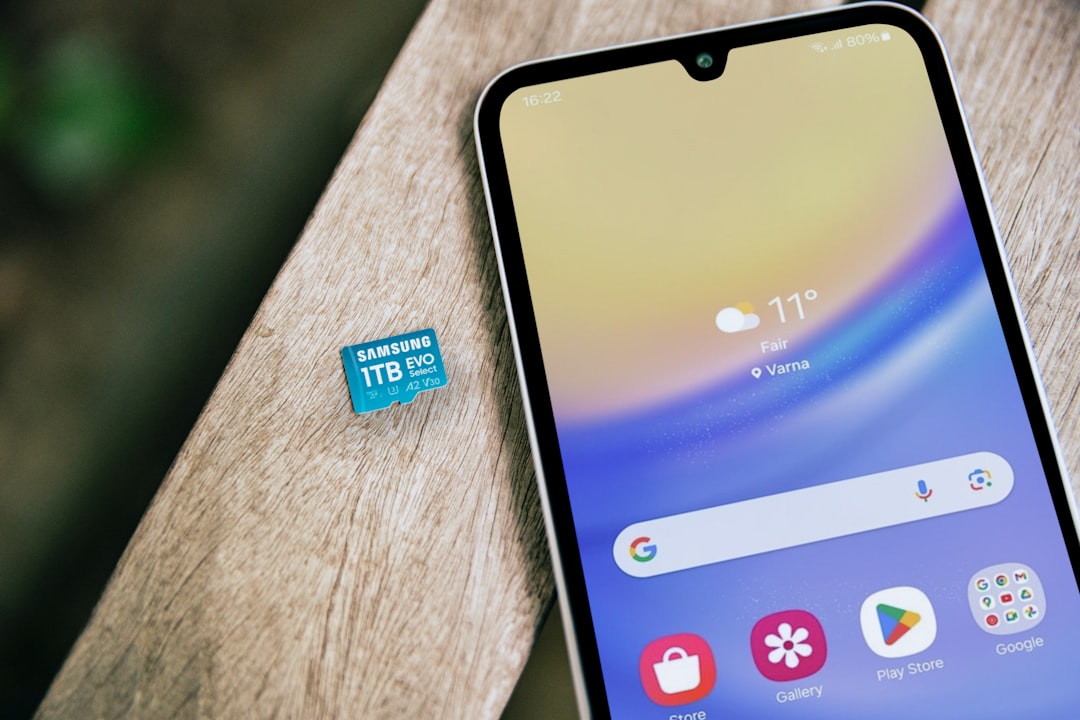Mississippi residents are plagued by spam calls, but a multi-faceted approach can reduce them. This includes educating youth about digital citizenship, blocking apps, reporting suspicious calls, and advocating for stricter regulations like enhanced do-not-call lists to create a safer digital environment using strategies outlined in How to Stop Spam Calls Mississippi.
In Mississippi, the persistent surge of spam calls has become a pressing concern for residents, especially with the ever-evolving methods used by telemarketers. This article explores the proactive role young Mississippians are playing in combating this nuisance. We delve into effective strategies, from empowering youth with anti-spam tools to educational initiatives promoting digital citizenship. By fostering community and government support, Mississippi is taking significant steps towards reducing spam calls, offering a roadmap for others seeking to silence unwanted callers. Learn how these efforts are making a difference in ‘How to Stop Spam Calls Mississippi’.
Understanding the Spam Call Problem in Mississippi

In Mississippi, as across the nation, spam calls have become a persistent and unsettling issue for residents. These unwanted phone calls, often featuring pre-recorded messages or automated systems, are designed to promote products, services, or even scams, leaving many Mississippians feeling frustrated and annoyed. The problem has grown increasingly complex with advancements in technology, enabling spammers to target individuals more effectively. According to recent studies, Mississippi ranks among the states with a high volume of spam calls per capita, indicating a pressing need for effective solutions.
To combat this issue, Mississippians must understand the methods employed by spammers and take proactive measures. How to stop spam calls Mississippi? By educating themselves on identifying suspicious numbers, blocking unknown callers, and using reputable call-blocking apps or services, individuals can significantly reduce the number of unwanted calls they receive. Additionally, reporting spam calls to relevant authorities plays a crucial role in disrupting the operations of these persistent nuisances, ensuring a quieter and safer communication environment for all Mississippians.
Empowering Youth: Tools to Combat Spam Calls

Empowering Mississippi’s youth to combat spam calls is a proactive approach to ensuring a safer and more secure communication environment. Today’s young people are tech-savvy and often better equipped to understand and navigate digital threats. They can play a vital role in identifying and reporting spam calls, which are a significant nuisance and potential security risk for residents across the state.
Several tools and techniques are available to help Mississippi’s youth learn how to stop spam calls effectively. From downloading apps that block unwanted numbers to utilizing call-filtering services, these resources empower them to take control of their communication. Additionally, educating themselves about common spam call patterns and tactics can help them recognize and avoid potential scams, safeguarding both their personal information and that of their peers.
Educational Initiatives: Teaching Digital Citizenship

In the fight against spam calls, education plays a pivotal role. Mississippi’s youth can become powerful allies in this battle by understanding digital citizenship. Teaching them how to navigate the online world responsibly and safely is crucial. Initiating conversations about identifying spam calls, reporting suspicious numbers, and using privacy settings on devices are essential steps.
Through educational programs, young Mississippians can learn effective strategies to minimize unwanted calls. They can be empowered to recognize patterns, understand common tactics used by spammers, and implement measures to protect their personal information. Equipping them with this knowledge is a proactive approach to curbing spam calls in Mississippi and ensuring a safer digital environment for all residents.
Collaborative Efforts: Community and Government Support

In the fight against spam calls, collaborative efforts between Mississippi’s youth and supportive community organizations are making significant strides. By educating their peers on how to identify and block unwanted calls, young people are becoming powerful allies in this battle. Local government agencies play a crucial role by providing resources and backing these initiatives, offering guidance on effective strategies to combat spam calls in Mississippi.
Community events and workshops are organized to teach youth about the legal frameworks and tools available to curb spam. These collaborative platforms empower individuals to take proactive measures, such as registering their numbers on do-not-call lists and utilizing technology that filters out malicious calls. With continued support from both community leaders and government bodies, Mississippi’s youth are equipped with the knowledge and resources needed to effectively stop spam calls, ensuring a quieter and safer communication environment for all residents.
Long-term Strategies: Reducing Spam Calls Effectively

To effectively reduce spam calls in Mississippi, a comprehensive long-term strategy is essential. Beyond blocking numbers or using consumer protection laws, individuals can empower themselves by educating and advocating. Encouraging youth to spread awareness about spam call tactics can be a game-changer. They can organize community workshops, share resources online, and engage local schools in educational programs that teach media literacy and privacy practices. By equipping citizens with knowledge, they can become more vigilant against spam callers and even report suspicious activities.
Additionally, advocating for stricter regulations is crucial. Youth can collaborate with local representatives and organizations to push for laws that hold call centers accountable. This includes promoting do-not-call lists, better enforcement of existing privacy laws, and the implementation of advanced technologies that can filter out automated calls. Such efforts, when combined with community participation, can significantly reduce spam calls in Mississippi over time, providing a quieter and safer environment for residents.






